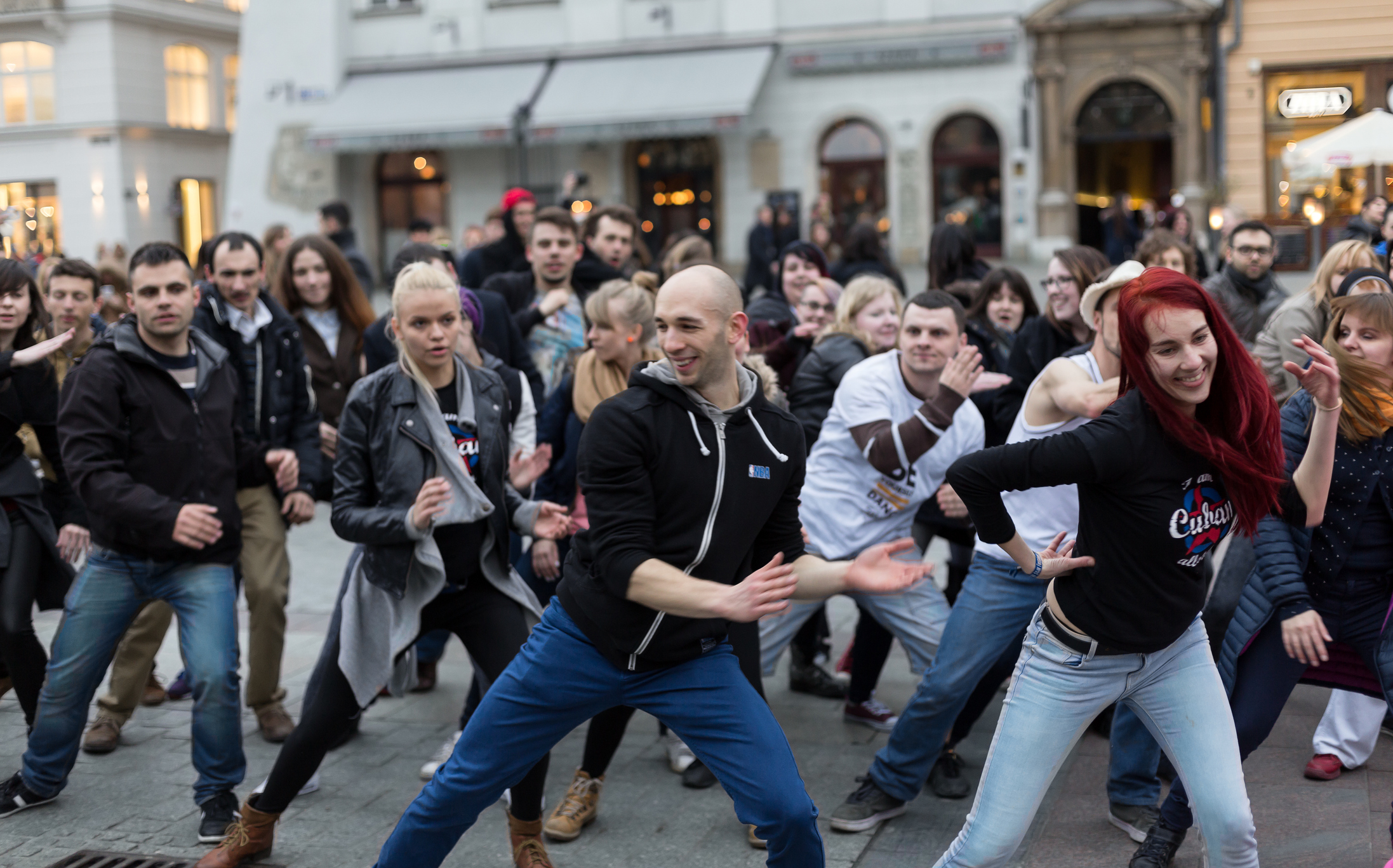- August 16, 2023
- 3 minutes read
Backlash Erupts as Aspiring Pop Star Accuses Target Employee of Racism Over Flash Mob Incident

In a social media storm that has ignited debate, a rising pop star aspirant, known as Baby Storme, has found herself at the center of controversy after labeling a Target employee as “racist.” The accusations stem from a recent incident involving a flash mob organized by Baby Storme and her group of goth-inspired dancers that took place inside a Target store, which ended in a confrontation with staff and the police.
Baby Storme, who has garnered attention as an internet personality and recently released a song titled “This City Is A Graveyard,” uploaded videos to platforms like YouTube and X, bearing the title “Racist Target Employee Calls The Police On Us For Dancing.” The video captured the group’s elaborate dance routine amidst the store aisles, drawing the attention of an employee who tried to halt the spectacle.
The controversy erupted when Baby Storme claimed in the video description that, even before entering the store, an employee had called the police on them for being on the property. She described feeling a mix of emotions during the incident, focusing on the unity she had tried to inspire among her diverse group of dancers.
However, the online reaction to Baby Storme’s allegations has been a mix of criticism and support. Commenters on various platforms argued that the flash mob had occurred during the store’s closing time, potentially causing disruption to employees trying to wrap up their duties. Some individuals also pointed out the legal necessity of obtaining permission forms for filming on private property.
Critics dismissed the racism accusations, emphasizing that the Target employees were likely following standard procedure rather than exhibiting racial bias. Many highlighted the challenges faced by retail workers and suggested that the flash mob participants were seeking publicity at the expense of the employees’ working conditions.
Both sides of the debate remain fervently entrenched in their positions, reflecting broader discussions around the line between creative expression and responsible conduct within public spaces. The incident has also sparked conversations about the role of social media in amplifying grievances and potentially misconstruing intentions.
As this controversy unfolds, it raises important questions about public spaces, artistic expression, and the need for respectful interactions among individuals from different walks of life. The incident serves as a reminder that while creative endeavors are valuable, they must be balanced with considerations for the well-being and rights of all parties involved.
